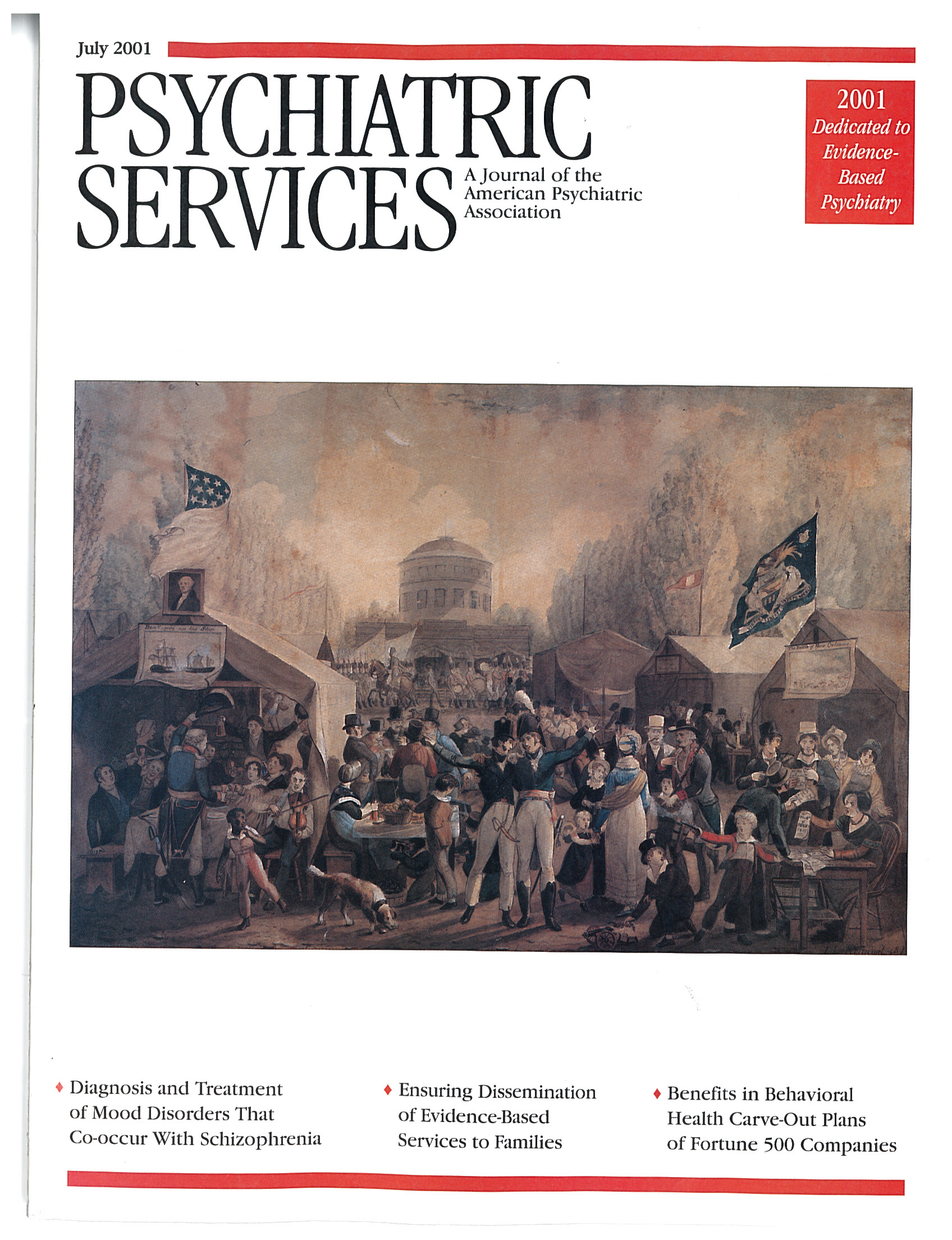Evidence-Based Practices for Services to Families of People With Psychiatric Disabilities
Abstract
Family psychoeducation is an evidence-based practice that has been shown to reduce relapse rates and facilitate recovery of persons who have mental illness. A core set of characteristics of effective family psychoeducation programs has been developed, including the provision of emotional support, education, resources during periods of crisis, and problem-solving skills. Unfortunately, the use of family psychoeducation in routine practice has been limited. Barriers at the level of the consumer and his or her family members, the clinician and the administrator, and the mental health authority reflect the existence of attitudinal, knowledge-based, practical, and systemic obstacles to implementation. Family psychoeducation dissemination efforts that have been successful to date have built consensus at all levels, including among consumers and their family members; have provided ample training, technical assistance, and supervision to clinical staff; and have maintained a long-term perspective.



